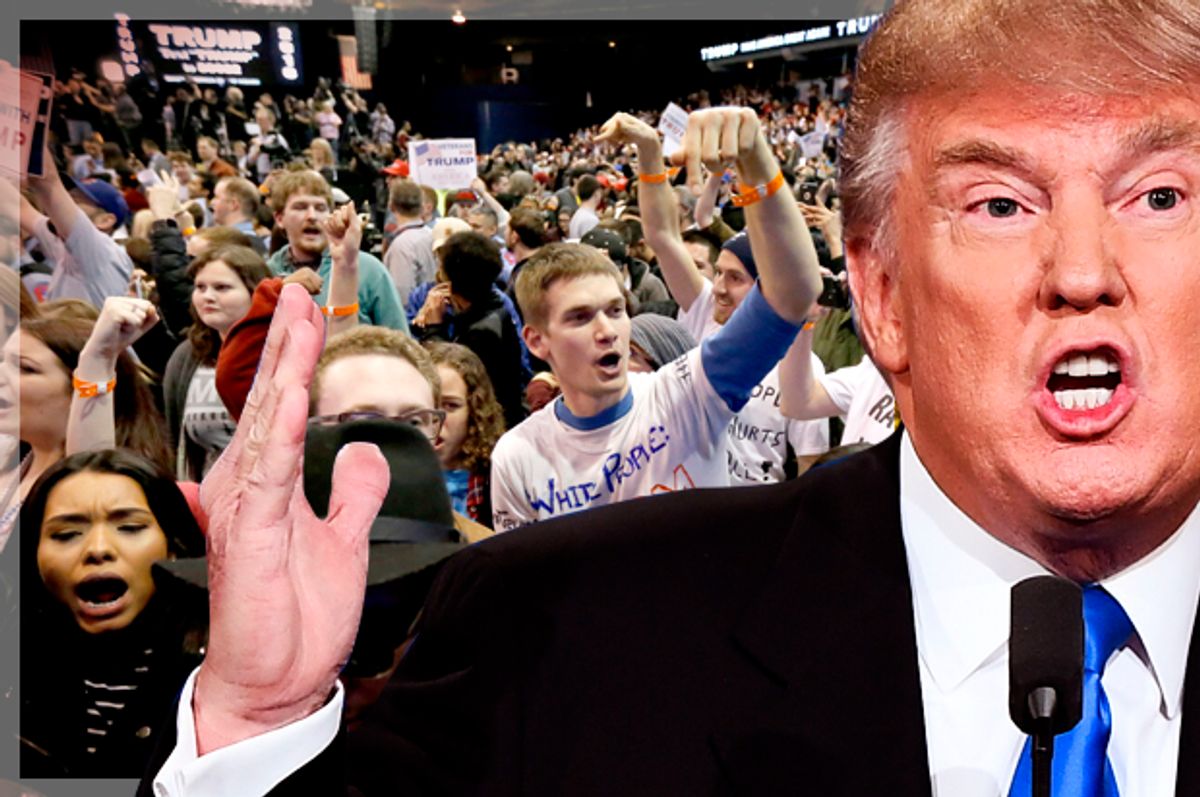On Thursday President Donald Trump followed through on months of threats and sent "the feds" into Chicago.
Roughly 20 additional federal agents from the Bureau of Alcohol, Tobacco, Firearms and Explosives were sent to address gun violence by the president, according to a report by the Chicago Sun-Times. The task force will work with the Chicago police department's Organized Crime Bureau and the ATF's Chicago field office, according to a police department press release.
The president took to Twitter on Friday to brag about his move, calling violent crime levels in Chicago an "epidemic."
Chicago recorded more than 760 murders last year, more than New York and Los Angeles combined.
Of course, this isn't the first time that Trump has tweeted about Chicago crime. In fact, his Twitter feed had hinted at sending the feds into Chicago since January.
The president's decision to act in Chicago has questionable constitutionality. According to the Los Angeles Times, the president will most likely cite the 1807 Insurrection Act as the legal precedent for his actions. That bill reads that "whenever the President considers that unlawful obstructions, combinations, or assemblages, or rebellion against the authority of the United States make it impracticable to enforce the laws of the United States in any State by the ordinary course of judicial proceedings, he may call into Federal service such of the militia of any State."
While the law was used by President Abraham Lincoln during the Civil War and by Presidents Dwight Eisenhower and John Kennedy during the civil rights era, it has for the most part been avoided by chief executives. Its most recent use occurred in 2005, when President George W. Bush sent National Guard troops into the Gulf Coast to assist in disaster relief from Hurricane Katrina.



Shares